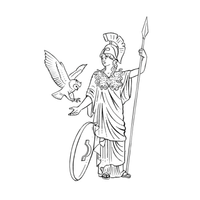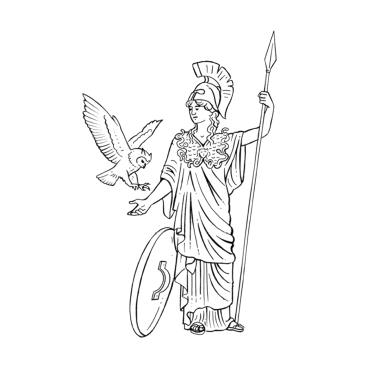
When, last month, the Government completed its first year in office, it seemed to Athena that July 2024 was a very long time ago. As far as the Arts are concerned, the many reports on the achievements of the past 12 months gave the Labour party a C+ at best.
Many of the problems have been well aired in this column. They include the almost total collapse of confidence in Arts Council England, the rumours that the Department of Culture, Media and Sport (DCMS) was to be abolished and the impact on the cultural sector of the increase in employer’s National Insurance contributions and the rise in the National Living Wage, as a result of which the National Trust — to take only the most publicised example — is cutting 6% of its workforce, some 550 jobs.
On the positive side, Lisa Nandy, the Secretary of State for Culture, Media and Sport, announced in February the launch of a £270 million Arts Everywhere fund with a focus on capital projects. Of this, only £110 million was entirely new, created largely by modest increases in existing funding streams for museums, libraries and historic buildings. However, this is more than offset by the Treasury’s cuts to the DCMS budget.
'According to the lobbying group Campaign for the Arts, by 2029, the DCMS will be spending one-third less per citizen than it did in 2010'
In the 2024 Spending Review, the Chancellor put Government spending up by 5.4%, at the same time as cutting the departmental expenditure limit for the DCMS by 6.2%. The figures for this year’s Spending Review are +1.5% and -1.4% respectively. According to the lobbying group Campaign for the Arts, by 2029, the DCMS will be spending one-third less per citizen than it did in 2010.
Any sympathy that the cultural industries may have felt for a Government battling with a very difficult economic outlook has been eroded by politicians’ evident lack of understanding of their needs and priorities. Two pieces of legislation make this clear. The Data (Use and Access) Bill currently before Parliament has drawn down a storm of anger for downgrading protections for livelihoods in the creative arts by giving tech companies freedom to use copyrighted material to train AI models.
Then the Digital Markets, Competition and Consumers Act 2024, which received Royal Assent under the previous Government, but comes into effect next year, imposes a two-week cooling-off period for subscription contracts, which includes membership of museums’ and galleries’ friends schemes. This allows someone to join such a scheme, enjoy free admission to exhibitions and discounts in shops and cafés for two weeks and then ask for their subscription to be returned.
The directors of Tate, the V&A Museum and the National Gallery have written to the Prime Minister asking for an exemption for charities. Perhaps he will listen — or perhaps the institutions will decide to allow members of such schemes to claim benefits only after two weeks have elapsed, making them more complex to administer. In either case, it is another headache for the Arts industries and yet another problem for Labour.
Exquisite houses, the beauty of Nature, and how to get the most from your life, straight to your inbox.
Athena is Country Life's Cultural Crusader. She writes a column in the magazine every week

